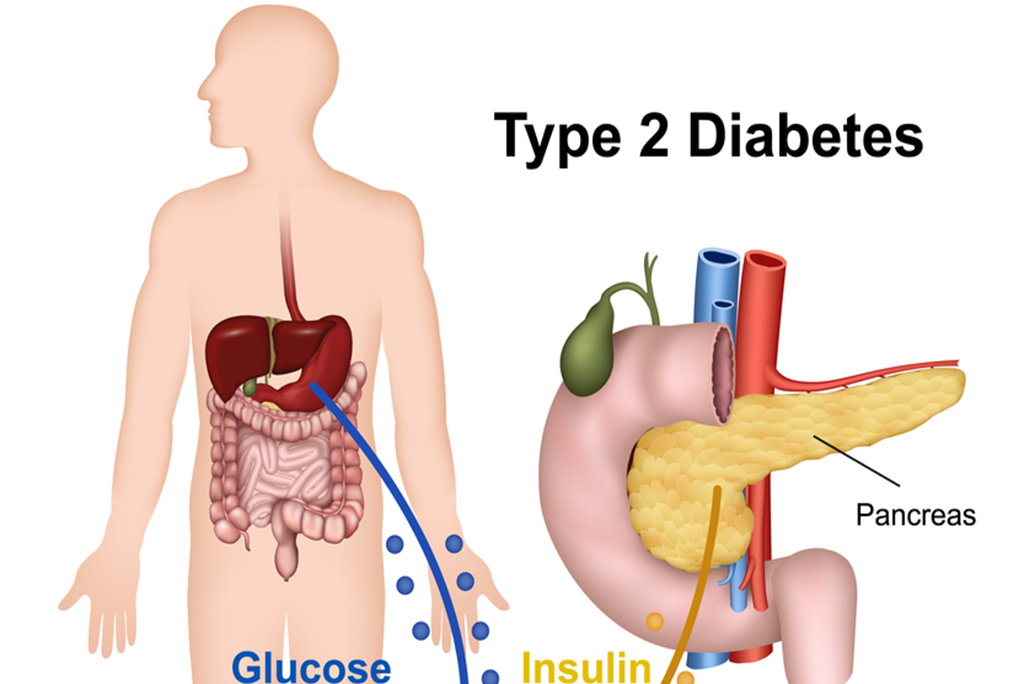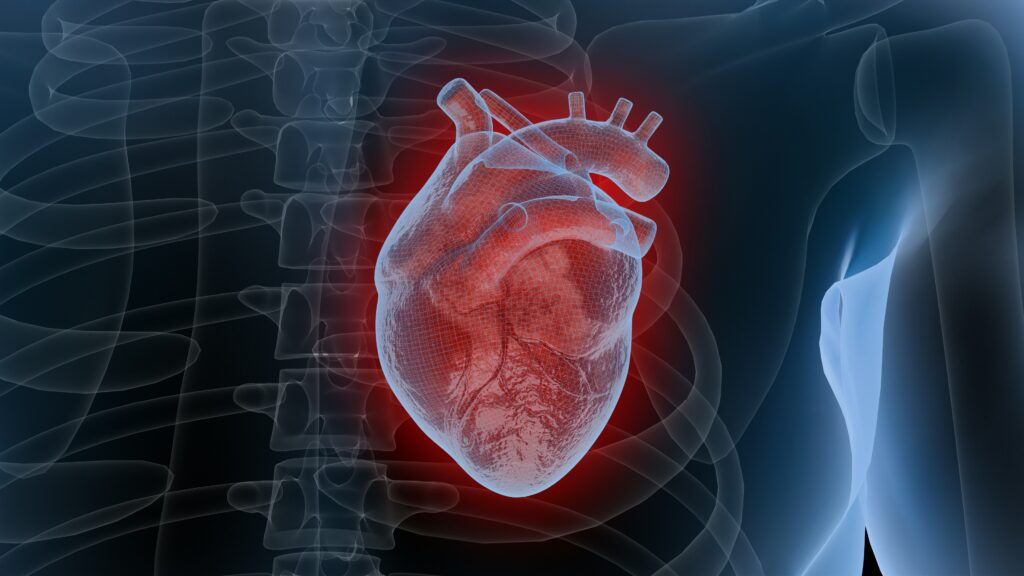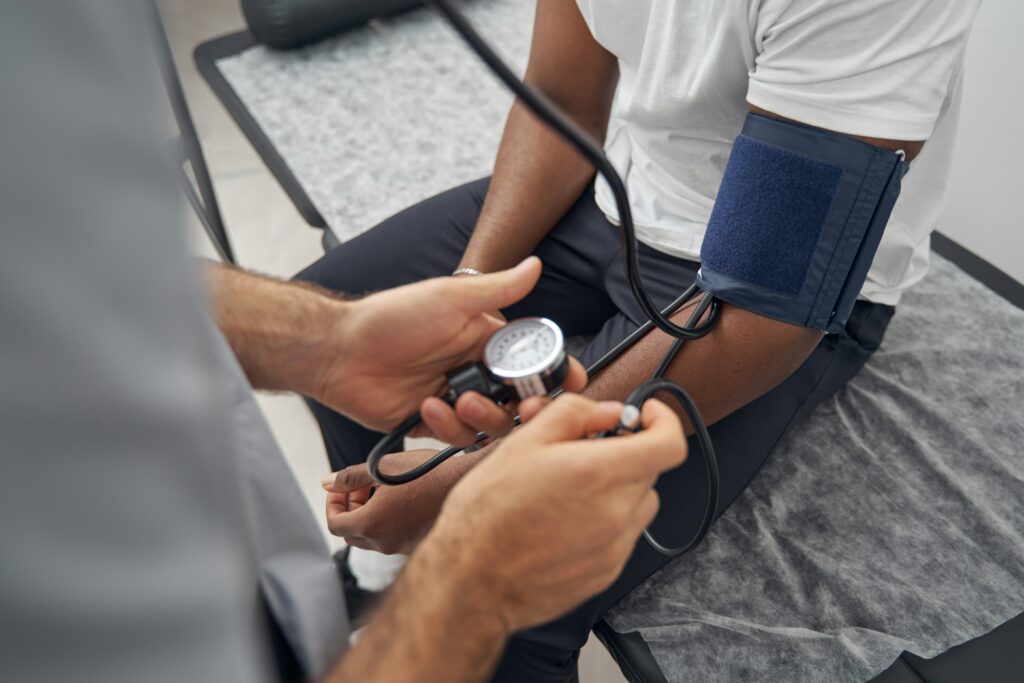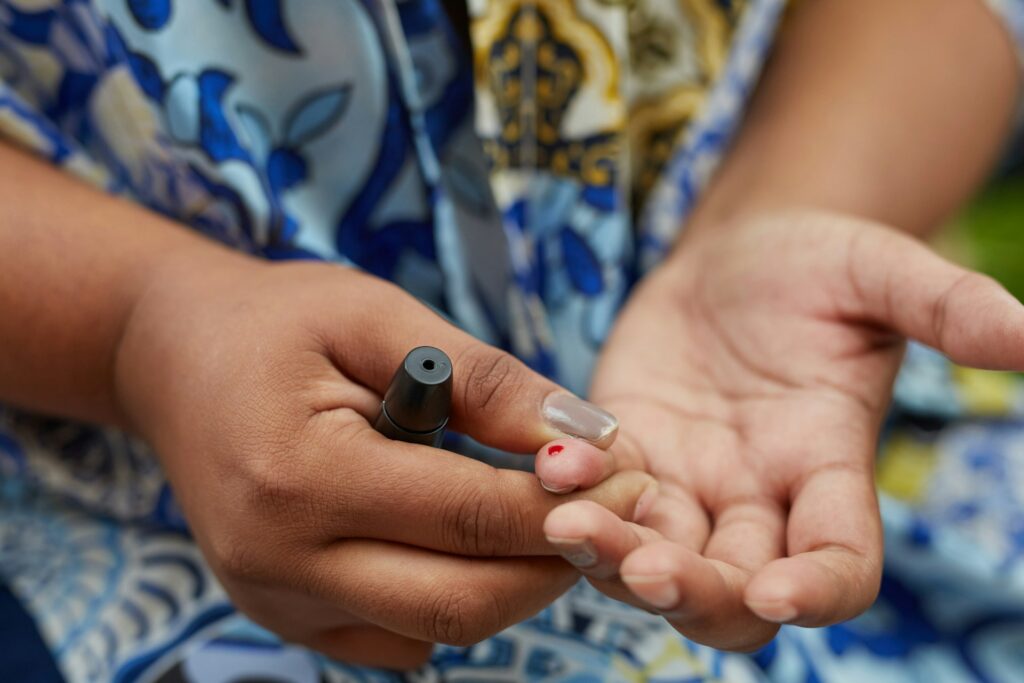
Can You Reverse Type 2 Diabetes? All You Need To Know
One of the most frequently asked questions in the world of health is, “Can you reverse diabetes?” To answer this, it’s essential to first understand what Type 2 diabetes is. It’s a condition where your body either doesn’t produce enough insulin or can’t use it effectively, leading to elevated blood sugar levels. As time passes, high blood sugar will possibly damage various organs, including the heart.
Reversal Vs. Remission
When we discuss the possibility of reversing diabetes, it’s vital to differentiate between reversal and remission. While “reversal” suggests a complete cure, what most people mean when they ask the question is whether they can achieve remission. Remission is when blood sugar levels return to a normal range without the need for diabetes medication. There are different stages of remission, from partial to complete, depending on how long a person can maintain normal blood sugar levels.
The Heart Health Connection
Why are so many people concerned with the question of reversing Type 2 diabetes when their primary interest is heart health? The answer is simple. Diabetes is a significant risk factor for cardiovascular diseases. Over time, high blood sugar can lead to the buildup of fatty deposits in blood vessels, increasing the risk of heart attacks, strokes, and other cardiovascular problems. Therefore, achieving remission can potentially reduce these risks.
Lifestyle Changes: The Primary Diabetes Solution
The cornerstone of any strategy to achieve remission of Type 2 diabetes revolves around lifestyle changes. One recommended diabetes solution is having a balanced diet rich in whole grains, lean proteins, and plenty of fruits and vegetables, coupled with regular exercise. These can significantly help manage blood sugar levels. Reducing or eliminating the consumption of processed foods, sugars, and unhealthy fats can also make a considerable difference.
The Role of Genetics and the Environment
Even with perfect lifestyle habits, some people find it more challenging to manage their diabetes. This is often due to a combination of genetics and environmental factors. Genetics can predispose someone to diabetes, and environmental triggers, such as exposure to certain toxins or chronic stress, can act as catalysts for the condition’s onset. It’s essential to recognize that each person’s journey is unique and may require specialized interventions.
Holistic Approaches and Alternative Therapies
Beyond standard medical and lifestyle interventions, many individuals have found success in integrating holistic and alternative therapies into their diabetes management routine. Practices such as yoga, meditation, acupuncture, and herbal supplementation might be said to assist in blood sugar regulation and stress reduction, they have not yet been subjected to rigorous clinical trials to ascertain if they work effectively to reduce blood sugar. However, intensive lifestyle changes and weight loss have been shown to help some patients with type 2 diabetes to achieve remission. This may not be possible in every individual. That is why it’s always crucial to adhere to the medications and treatment recommended by your healthcare provider. It is even more crucial to make sure that your healthcare provider makes these decisions based on the data that you provide to them on how lifestyle changes like diet, physical activity and stress management reduce your blood sugar.
Medical Interventions
In some cases, lifestyle changes alone might not be enough to achieve remission. This is where medical interventions come into play. However, it’s crucial to note that this isn’t a one-size-fits-all solution. Medications can also aid in managing blood sugar levels, but their long-term effectiveness in achieving remission varies from person to person.
Monitoring and Maintenance
Achieving remission doesn’t mean one can become complacent. Regular monitoring of blood sugar levels is paramount. Using devices like continuous glucose monitors (CGMs) can provide real-time feedback, allowing individuals to understand how different foods, activities, and stressors affect their blood sugar. Moreover, regular check-ups with healthcare providers ensure that any changes in the condition are detected and addressed promptly.
When people achieve remission without medications, it is usually through intensive lifestyle changes, and they must maintain these lifestyle changes for the rest of their lives or until a time when it is no longer sufficient to reduce their blood sugar levels. This underscores the importance of continuous monitoring.
Embracing a Supportive Community
Beyond medical and lifestyle strategies, one of the most underappreciated aspects of managing or potentially reversing Type 2 diabetes is the power of a supportive community. Surrounding oneself with individuals who understand the journey — whether they’re healthcare professionals, fellow patients, or empathetic family and friends — can make a significant difference. Sharing experiences, challenges, and victories not only provides emotional support but also introduces different perspectives and strategies that one might not have considered. After all, the quest to answer the question, “can you reverse diabetes,” is not one that needs to be undertaken alone. By leveraging the strength of a community, the journey becomes more attainable and enriching.
Every Journey Is Unique
While the journey towards diabetes remission varies for everyone, with perseverance, the right strategies, and consistent monitoring, it’s possible for many to manage or even mitigate the effects of Type 2 diabetes. For those seeking a practical way to track their journey, the Viedial app offers tools to help keep you on the right path, ensuring that your heart remains as healthy as possible.
Remember, the primary goal isn’t just to find an answer to the question of reversing diabetes but to discover the best path to a healthier, more fulfilling life.



